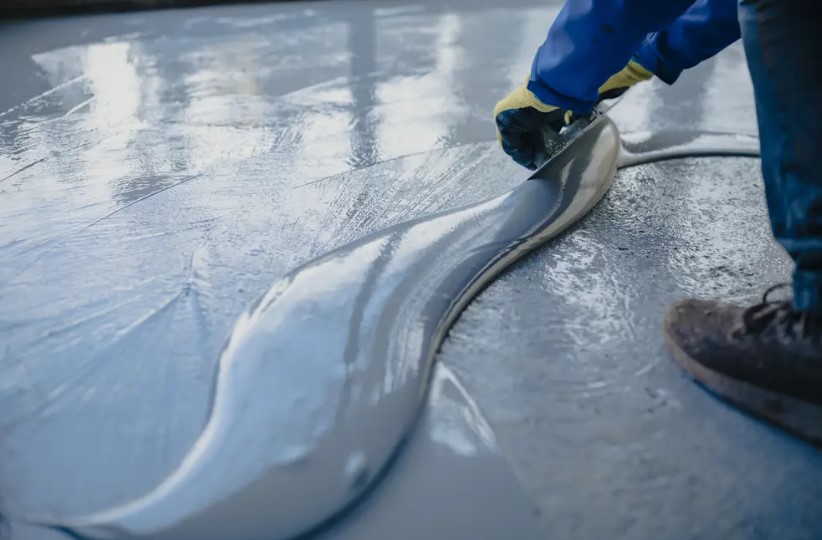Recyclable epoxy resin can be used in industries where material recovery was previously impossible
Covers wind turbines, advanced composite materials and dental prosthetics. But it is so hard that you can not recycle. To date, a Swiss research team has found a way to make a recyclable epoxy resin.
The team working in the Swiss Federal Materials Research Laboratories (Empa) has developed an epoxy based plastic that also has another property: it can be repaired and works as a flame retardant. Their discovery, published in the Chemical Engineering Journal, represents an innovation they intend to work on again. For example to use it in the field of reinforced plastics, which today have little chance of recycling.
Epoxy resins belong to the so-called duromers, that is plastics whose shape cannot be changed after hardening. Polymer chains are in fact closely linked. On the one hand, this feature guarantees excellent mechanical and thermal properties. On the other hand, it lowers the recovery capacity at the end of life, unlike thermoplastics such as PET. Epoxy resins are often combined with glass or carbon fibers to make components for ships, airplanes and wind turbines.
Reversible bonds of phosphonates unlock circular economy
To invent a recyclable epoxy resin, the Empa team added a molecule of the phosphonic acid ester class to the “normal” resin. These molecules, also called phosphonates, form a dense network based on phosphorus-carbon and phospho-oxygen bonds. The important thing is that they are reversible bonds when exposed to high heat and reorganize within the polymer network. Simply put, the synthetic resin containing phosphonates can be melted again.
And to say that in the experiment, the molecule had to serve as a flame retardant, to make it less flammable than the others. But then the potential for the circular economy was realized, thus giving the resin a dual function. According to the Empa team, it could be used to cover wooden floors, given the good fireproof properties. But also to give a second life to reinforced plastic (CFRP), which today is a tough nut for any recycling chain.

